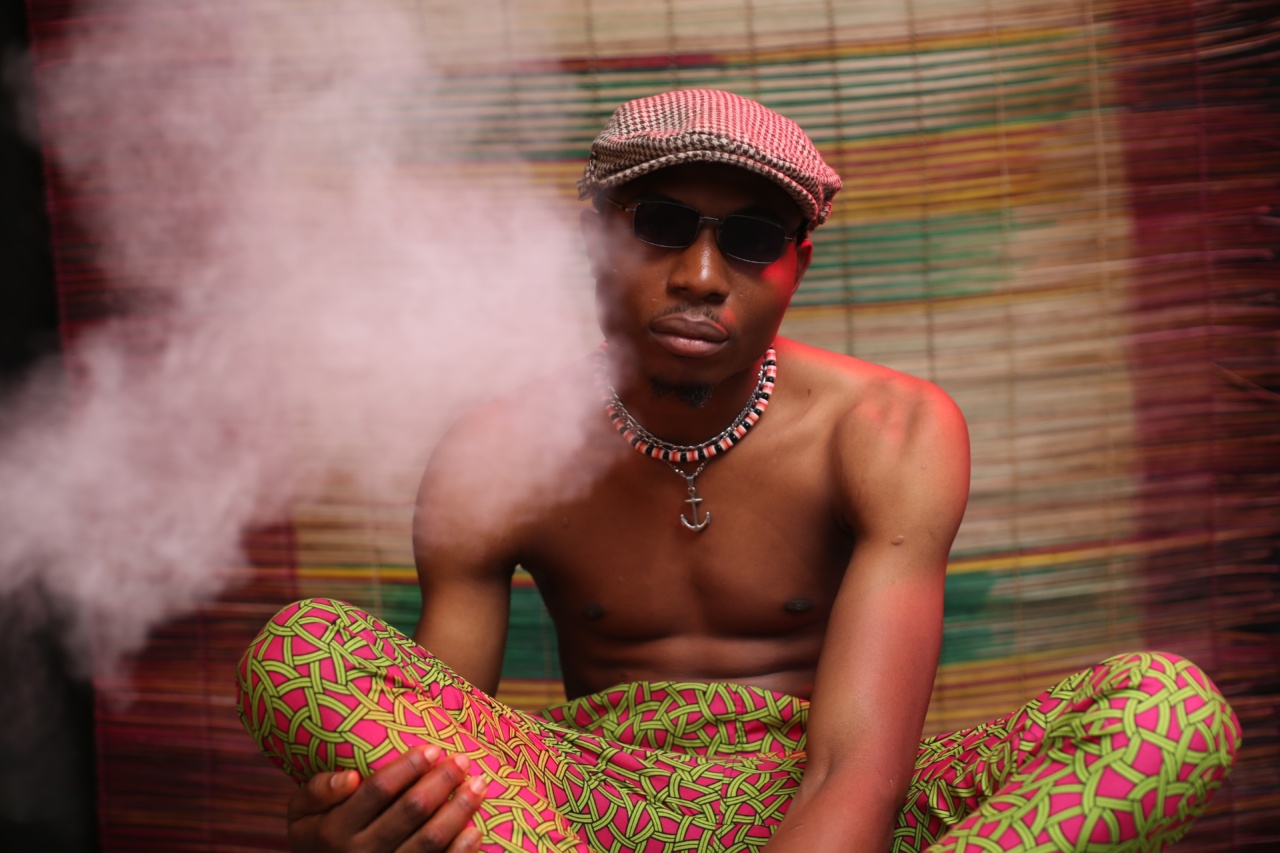Pimples are a common skin problem that affects people of all ages and genders. They occur when dead skin cells, oil, and bacteria clog the pores. Changing your bad habits can significantly reduce the frequency and severity of pimples.
In this article, we will discuss thirty bad habits that cause pimples and provide tips on how to avoid them.
1. Touching Your Face
Your hands touch many surfaces throughout the day, and they can carry bacteria that cause pimples. Touching your face frequently can transfer these bacteria to your skin. Avoid touching your face with your hands or other objects that can carry bacteria.
2. Not Washing Your Face Properly
Washing your face twice a day can help remove excess oil, dead skin cells, and bacteria that can cause pimples. However, if you do not wash your face properly, you may not be able to remove all the dirt and oil.
Use a mild cleanser and warm water to wash your face, and gently pat it dry with a soft towel.
3. Using Harsh Products
Some skincare products contain harsh chemicals that can irritate your skin and cause pimples. Avoid using products that contain alcohol, fragrance, or artificial colors.
Instead, choose products that have natural ingredients like tea tree oil, salicylic acid, and benzoyl peroxide.
4. Not Removing Makeup Before Bedtime
Leaving makeup on while you sleep can clog your pores, leading to pimples. Make sure you remove all your makeup before going to bed using a gentle cleanser or makeup remover.
5. Using Dirty Makeup Brushes
Makeup brushes can accumulate bacteria and oil over time, which can cause pimples. Clean your makeup brushes regularly with water and mild shampoo, and let them air dry.
6. Overusing Makeup
Using too much makeup can clog your pores and cause pimples. Use makeup in moderation, and choose products that do not contain oil.
7. Eating a Poor Diet
A diet high in sugar, dairy, and processed foods can trigger pimples. Eat a balanced diet rich in fruits, vegetables, whole grains, and lean protein.
8. Drinking Too Much Alcohol
Alcohol can dehydrate your skin and cause inflammation, which can lead to pimples. Limit your alcohol consumption to one drink per day.
9. Smoking
Smoking can damage your skin and decrease blood flow, making it harder for your skin to heal from pimples. Quitting smoking can improve your overall health and reduce pimples.
10. Stress
Stress can cause hormonal imbalances and inflammation, which can lead to pimples. Try to manage your stress levels through exercise, meditation, or other relaxation techniques.
11. Lack of Sleep
A lack of sleep can increase stress levels and cause hormonal imbalances, leading to pimples. Make sure you get enough sleep every night.
12. Not Washing Your Hair
Your hair can accumulate oil and dirt that can transfer to your face and cause pimples. Wash your hair regularly to avoid this problem.
13. Wearing Hats or Headbands
Hats and headbands can trap sweat and oil in your hair, leading to pimples. Avoid wearing hats or headbands for extended periods of time.
14. Hot Showers
Hot showers can strip your skin of its natural oils, leading to dryness and pimples. Use lukewarm water when showering or bathing.
15. Overwashing Your Skin
Washing your skin too often can irritate it, leading to dryness and pimples. Wash your skin twice a day with a gentle cleanser.
16. Using Dirty Towels or Pillowcases
Towels and pillowcases can accumulate bacteria and oil that can cause pimples. Wash your towels and pillowcases regularly.
17. Picking or Squeezing Pimples
Picking or squeezing pimples can push bacteria deeper into the skin and lead to scarring. Leave pimples alone and let them heal naturally.
18. Skipping Sunscreen
Sun damage can cause inflammation and skin aging, leading to pimples. Use a non-comedogenic sunscreen with at least SPF 30 every day.
19. Using Drying Acne Treatments
Some acne treatments can be too harsh and cause dryness and irritation. Choose acne treatments that contain moisturizing ingredients like aloe vera or hyaluronic acid.
20. Sipping out of Straws
Drinking through straws can cause repetitive stress on the skin around your mouth, leading to pimples. Drink directly from the glass instead.
21. Not Exercising Regularly
A sedentary lifestyle can affect your skin health and cause pimples. Exercise regularly to boost blood flow and promote healthy skin.
22. Using Dirty Phones
Phones can be a breeding ground for bacteria that can cause pimples. Clean your phone regularly with an alcohol wipe.
23. Drinking Too Much Coffee
Caffeine can increase stress levels and trigger hormonal imbalances, leading to pimples. Limit your coffee consumption to two cups per day.
24. Not Drinking Enough Water
Dehydration can affect your skin health and cause pimples. Drink at least eight glasses of water per day.
25. Not Washing Gym Clothes or Equipment
Gym clothes and equipment can accumulate bacteria and sweat that can cause pimples. Wash your gym clothes regularly, and wipe down gym equipment before and after use.
26. Not Removing Sweat After Exercise
Sweat can clog your pores and cause pimples. Make sure you shower or wash your face after exercising to remove sweat and bacteria.
27. Using Dirty Razors
Dirty razors can transfer bacteria to your skin and cause pimples. Use a clean razor every time you shave, and replace razors regularly.
28. Using Hair Products That Contain Oil
Hair products that contain oil can transfer to your skin and cause pimples. Choose hair products that are oil-free or non-comedogenic.
29. Drinking Too Much Milk
Milk contains hormones that can trigger pimples. Limit your milk consumption or choose milk alternatives like almond or soy milk.
30. Not Managing Hormonal Imbalances
Hormonal imbalances can cause pimples in both men and women. If you have persistent pimples, talk to your doctor about hormonal treatment options.




























